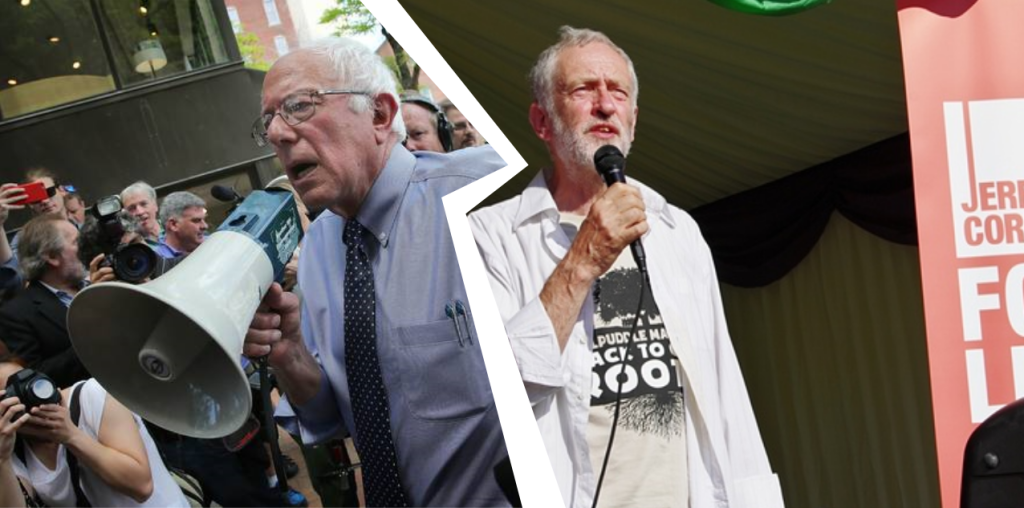The word ‘austerity’ is finally in the mix, but all parties stuck in the right-wing’s frame
Austerity is on the agenda of the Canadian election, as the word was finally uttered — by Justin Trudeau. Bizarrely, this came the same day as the Liberal leader rolled out his economic agenda flanked by Paul Martin, the former finance minister and prime minister who engineered deep austerity measures in the 1990s.
The way austerity has finally made it into the discussion highlights the absurdly limited nature of the economic debate so far. It’s time for a grown-up conversation about the economy in this campaign.
Right-wing frame
Politicians have been falling over each other to make economic promises they cannot keep, all the while firmly stuck in the muck of a right-wing frame. The debate has mostly been limited to whether there will be a deficit and how big, rather than the real questions of who the economy works for and why.



